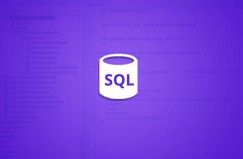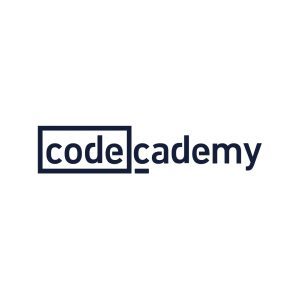Oracle relational databases are currently one of the most popular databases on the market, with a lot of companies looking to use these databases within their infrastructure. Oracle databases are often use Java and SQL for programming, but it wasn’t giving the results that Oracle wanted, which is why they designed the PL/SQL language to add the procedural features of programming languages, making the databases more moldable to the programmer’s needs.
PL/SQL is a procedural language designed specifically to embrace SQL statements within its syntax. The program units are compiled by the Oracle Database server and are commonly stored within the server itself. At run time, the PL/SQL and SQL run at the same time and within the same server process, saving time and offering optimal efficiency.
If you want to become a successful database engineer, then PL/SQL is a very handy language to have on hand. And this course is a great way to actually learn!
This course takes a comprehensive look at the Oracle PL/SQL programming language. We begin with a thorough review of the language syntax and datatype primitives. We next explore user-defined datatypes, flow control, scope and error management.
The majority of the course is devoted to taking that foundational knowledge and applying it to the resolution of very real-world examples. At the end of this course, you will not only have the theoretical knowledge of how PL/SQL works and its basics, but you will also understand how you can manipulate the RDBMS using PL/SQL, as well as how to practically put these coding process in view.
The course is designed for intermediate database developers, and will not go into details about RDBMS, Oracle databases or even Java. It will directly jump into PL/SQL, so the developers should have prior knowledge of SQL in order to fully understand the course.
What you will find in this course:
- Introduction to PL/SQL
- Setting up your Sandbox
- PL/SQL fundamentals
- Building real-world PL/SQL components including:
- development of a password strength function,
- parsing XML files,
- reading an external directory, and
- generating random number, range-based random number and even weighted random numbers.
Enroll now and master PL/SQL programming!
–





There are no reviews yet.